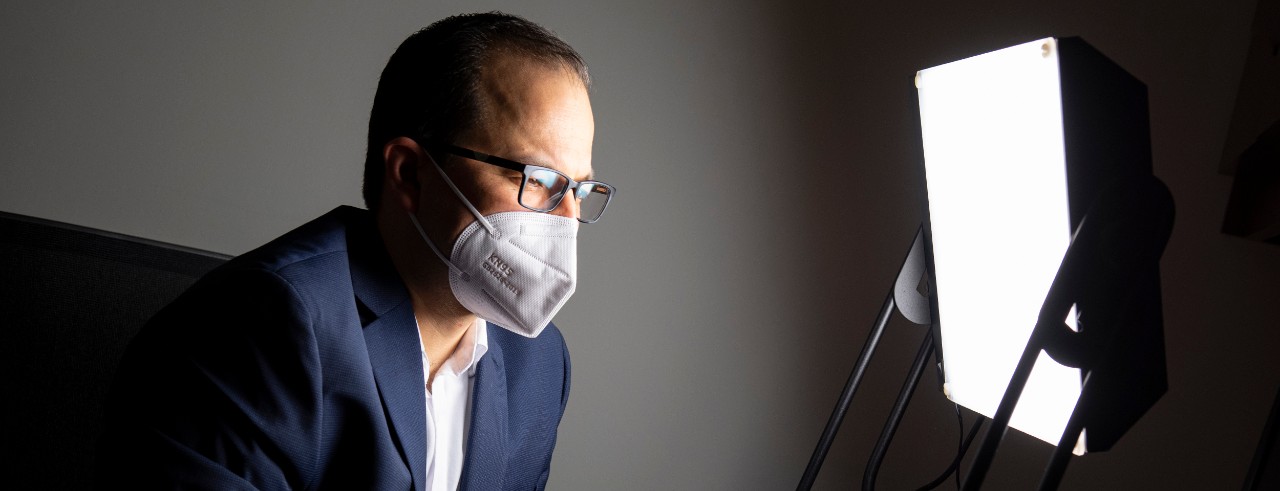
WJAR: Does your body clock cause binge eating?
UC researcher explores melatonin, light therapy to treat binge eating behavior
Researchers at the University of Cincinnati are exploring how the body's sleep-wake cycles of circadian rhythms affect patients with binge eating disorder.
"Binge eating disorder is the most prevalent eating disorder, and unfortunately there's still very limited options or targeted options,” said Francisco Romo-Nava, MD, assistant professor in the Department of Psychiatry and Behavioral Neurosciences at UC, associate chief research officer for the Research Institute at the Lindner Center of HOPE and a UC Health physician scientist.
Romo-Nava said about 5% of the population is categorized as a true "night owl," and past research suggests this group might be more susceptible to binge eating behavior since binge eating tends to occur in the evening and night.
Romo-Nava and his team are studying if readjusting the circadian rhythms of people with binge eating disorder through melatonin or light therapy could be an effective treatment.
Featured photo at top of Dr. Romo-Nava. Photo/Colleen Kelley/University of Cincinnati.
Related Stories
Baylee Schmitt crocheted the childhood bedroom she shared with...
January 17, 2025
UC employee Baylee Schmitt featured in The Boston Globe for her art works made out of yarn.. Schmitt earned her master’s of fine arts degree at Miami University and now manages the University of Cincinnati printmaking lab at the University of Cincinnati’s College of Design, Architecture, Art and Planning (DAAP) and teaches there as well.
From Punchline to Pride: An Ohio class on the history of Queer
January 16, 2025
In an interview with The Buckeye Flame, a publication that amplifies the voices of LGBTQ+ Ohioans to support community and civic empowerment, UC adjunct professor Nicholas Belperio describes the impact of a class he teaches titled “Queer TV.”
WDET: Potential U.S. TikTok ban weighs national security against...
January 16, 2025
UC cybersecurity expert Dr. Richard Harknett discusses a TikTok ban with Detroit public radio. The U.S. Supreme Court is weighing whether a law passed by Congress and signed by President Joe Biden is constitutional.
